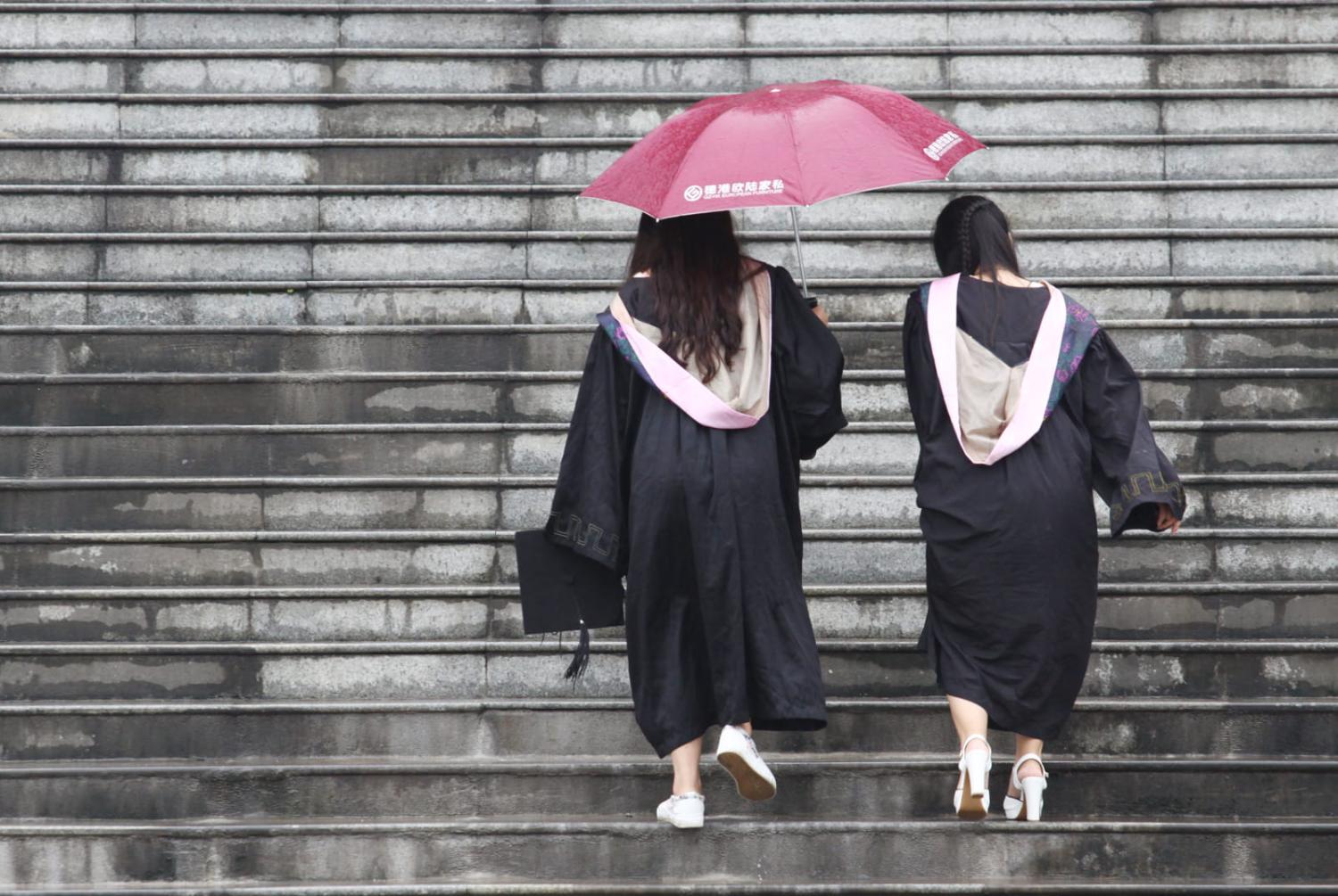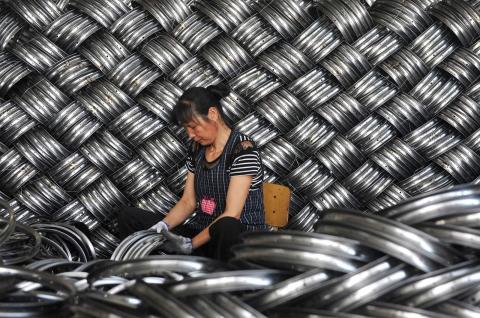Over the coming few weeks China is preparing for a record 10.8 million university graduates to enter the labour market. The uncertainty these young Chinese students have experienced studying during the last few years in a pandemic will only continue as they embark on the first steps of their careers.
In May, China’s urban youth unemployment rate rose to a record 18.4 per cent and could reach 23 per cent by the peak of graduation season next month – the highest level in history. This is uncharted territory in a country where educated young people and their families have come to expect social mobility and growth.
The combination of record graduates and record high unemployment rates has created a highly competitive job market at a time when the priorities of both employers and job seekers have shifted.
This scenario is placing political pressure on China’s universities as they strive to guarantee their graduates are employed or have a path to further study in place before their degrees are conferred. Reports of universities encouraging students to submit applications for post-graduate study abroad are emerging and some institutions are reportedly withholding graduation until a job offer is in hand. According to online recruitment site Zhaopin, as of April this year less than half of the graduating class had received a job offer.
The sectors that Chinese graduates are looking for jobs within is changing. Since the pandemic became established, China has seen the intensification of a rise of what is termed on social media “Kao Gong Fever” or “Civil Service Fever”. In the last 28 years the number of positions available in the state civil service has increased 64 times, while the number of applications for these positions has increased 482 times. In 2021, the number of people sitting the civil service examination exceeded 2 million for the first time in history. This is the reverse of trends seen 20 years ago, where graduates were discarding dreams of a career in the public service for the promise of a lucrative career in the growing private and entrepreneurial sectors.
Behind the surge of Civil Service Fever, lies a drop in white-collar career confidence, leading many to seek the stability of a career within the government sector. The pandemic has increased uncertainty for the middle classes and survey data shows that there is concern more than a quarter of white-collar workers feel pessimistic about receiving promotions or salary increases in the future. Although the practice of pressuring of workers to work from 9am till 9pm for 6 days a week – known as 996 in China – has been prohibited the proportion of white-collar workers who have experienced these working hours has increased rather than decreased in recent years.
The return on investment of an international degree is no longer obvious for Chinese students and their families.
Chinese international students returning to China to begin their career are faced with a host of new challenges in this new context. International graduates are re-entering a changed China – a labour market with different recruitment patterns and priorities, new skills needs and fierce competition for top jobs. At the same time, studying during the pandemic may have led Chinese students to have changed their perspective on what they are looking for in a job and their own career ambitions.
Returning international students are increasingly looking for jobs that are interesting to them, that have a good work-life balance, offer opportunities for career development and a better commute time. After the daily upheaval of the pandemic, it is lifestyle and fulfilment, alongside a good salary, that is motivating career ambitions rather than previous priorities such as good corporate culture and employer reputation. While compensation and benefits are still by far the most important to graduate job-seekers in China, there has been a re-evaluation about what is important in working life.
Being a young person in China in 2022 is challenging. A hyper-competitive job market after years of intense study combined with ongoing Covid-19 restrictions is leading to social media discussions of “involution” – or neijuan – the notion of “lying flat” after seeing little evidence for hope in achieving the goals prescribed by parents and communities.
More recently, young Chinese people on social media are talking about “running philosophy” – or runxue – a desire to leave China to seek a brighter future elsewhere. There is a moment of change underway in an increasingly cosmopolitan and educated graduate population – a moment that requires empathy and awareness by those involved with the education journeys of these students.
The return on investment of an international degree is no longer obvious for Chinese students and their families. Chinese students are looking for more than an international degree at the moment. They are looking to build employability skills, work experience and to be re-entering China confident they are career-ready. At the same time, disillusionment with the “Chinese dream” combined with lock-down fatigue is creating new drivers to leave home to pursue a life abroad.
Understanding shifting labour market dynamics and youth sentiment is crucial for effectively engaging with Chinese international students as pandemic restrictions begin to ease.

